Bachelor and Master
A professional bachelor's degree program is something you take at college. This type of course focuses strongly on practical work and the skills you need to get straight to work. After a professional bachelor’s course, you can opt for a 'banaba' – bachelor-after-bachelor – in which you can further sharpen your skillset.
An academic bachelor's is more about theory and prepares you first and foremost for an academic master's course, in which you immerse yourself more deeply in your discipline and write a thesis. Of course, it is not so cut and dried in practice: for example you can take a master’s course at university after a professional bachelor’s course. But first you will need to take a switch programme: an abridged, preparatory programme.
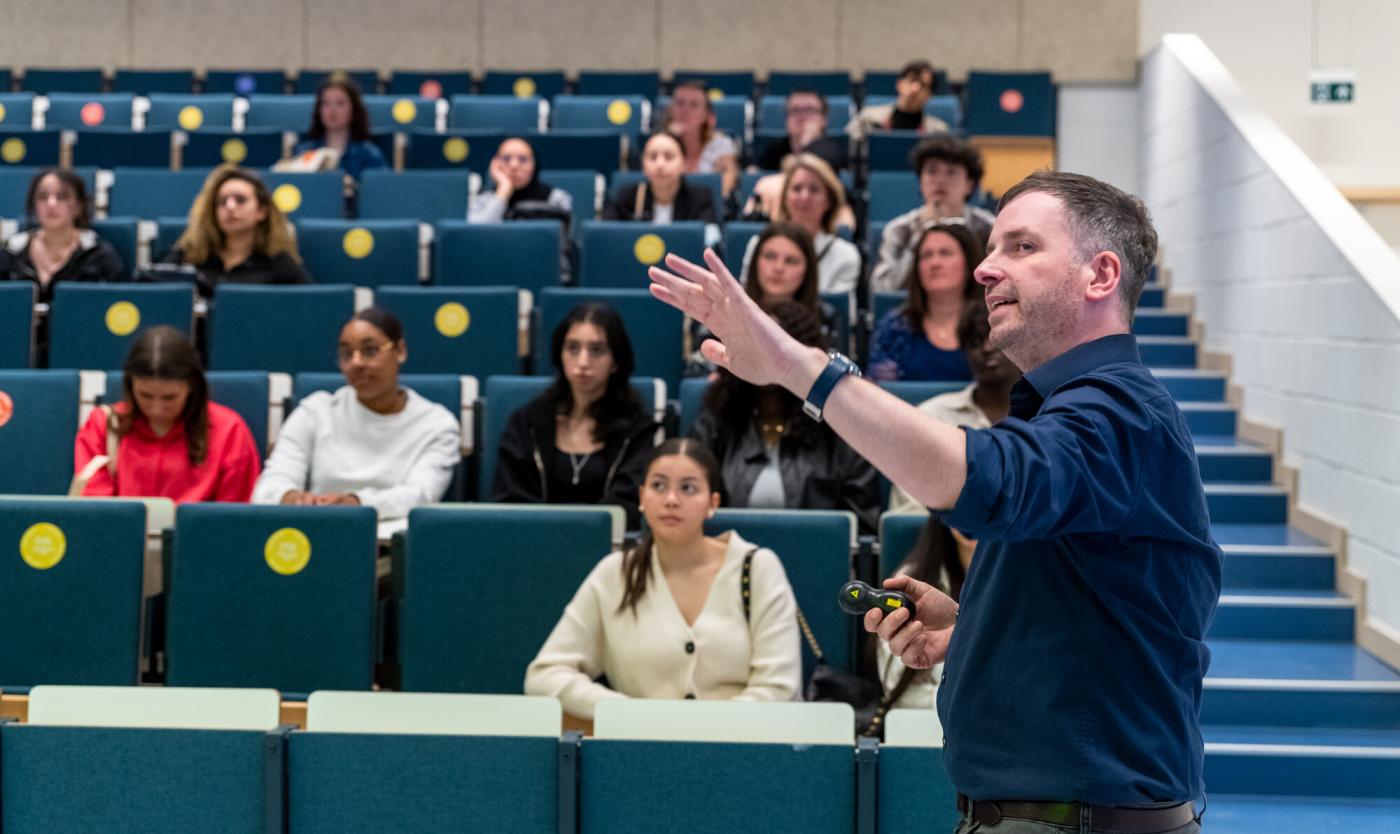

ECTS-credits
Higher education used to consist of study years, but it turned out that the system was not flexible enough. That is why these days we use ECTS-credits. One ECTS-credit equates to roughly 25 to 30 hours of study, from lessons to completing a project or studying independently. All of your subjects have a specific number of ECTS-credits. The more credits, the more demanding the subject. On average a full academic year consists of 60 ECTS-credits, which equates to around 38 to 46 hours study per week. Yes, being a student is a full-time job!
Passing
To pass a course, you must score at least 10 out of 20. If you pass all your courses, then you have passed for that academic year. Depending on the college or university, exceptions are allowed. For example, at the VUB you can, under certain conditions, pass your 1st bachelor year with a few failed courses. More info can be found here.

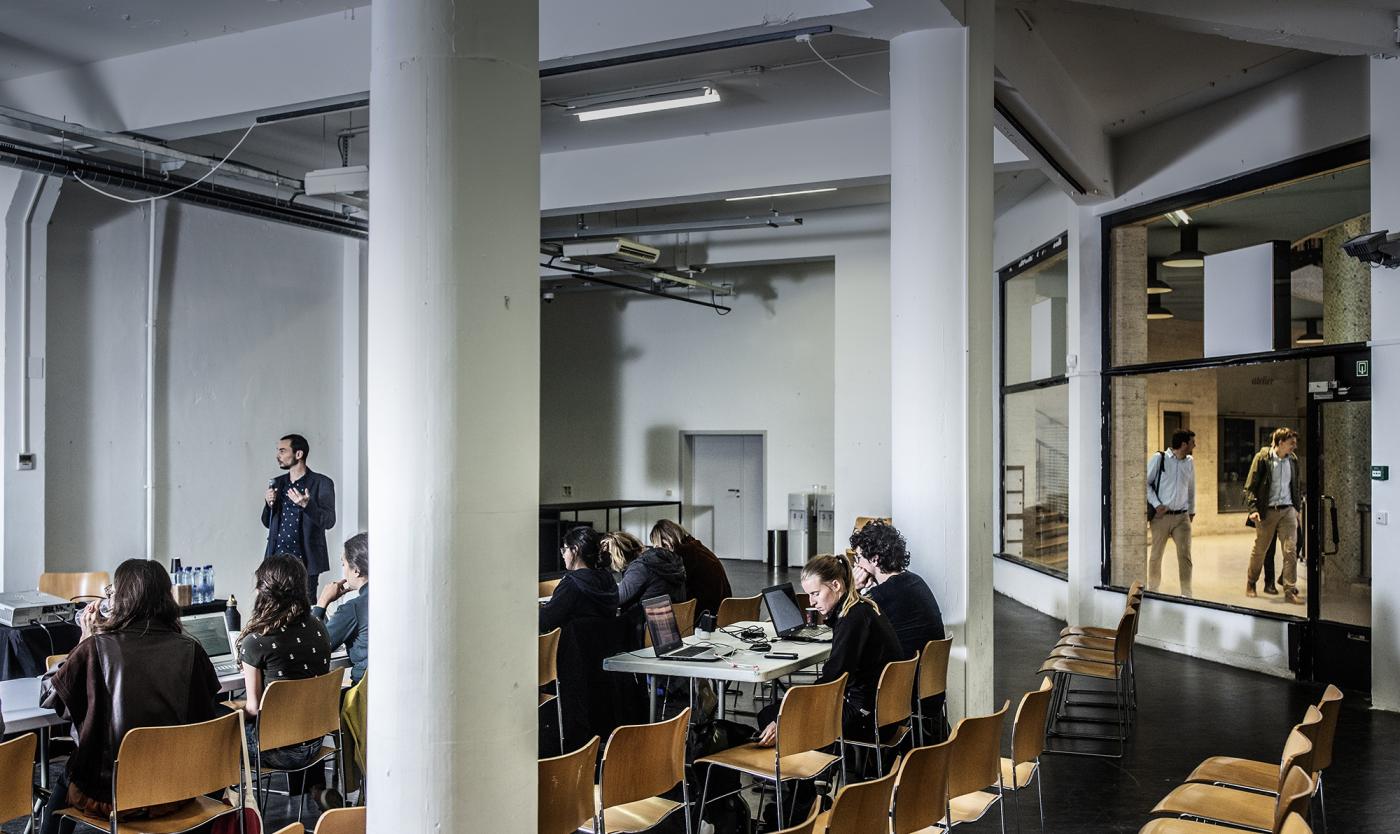
Threshold
Students starting a given bachelor's degree for the first time must pass all courses (with credit certificate or deliberation grade) in that first bachelor's degree after two academic years. Students with a reduced course load must pass the courses taken in their first year after two academic years. Students who do not meet this threshold will not be permitted to continue this program at any Flemish universities.
Learning account
It is perfectly possible to fail one or more courses, but you should not repeat a course over and over. To monitor the progress of your study program, the Flemish government has created the learning account system.
This means that at the beginning of your studies you receive a sort of backpack of 140 credits. To enroll, you must hand over the required number of credits for that academic year. But you don't lose them forever: for every course passed you are ‘reimbursed’ the credits used at the end of the academic year. You lose the credits for the courses you are forced to retake. Worth knowing: the first 60 credits you earn back are doubled.
Do you suddenly find yourself with insufficient credits in the course of your studies? If so, your college or university may charge you for extra tuition or even refuse your enrollment.
When you eventually earn your master's degree, 140 credits are taken from your backpack. With the credits remaining you may be able to begin a 2nd master's degree program.
More information about the learning account here.
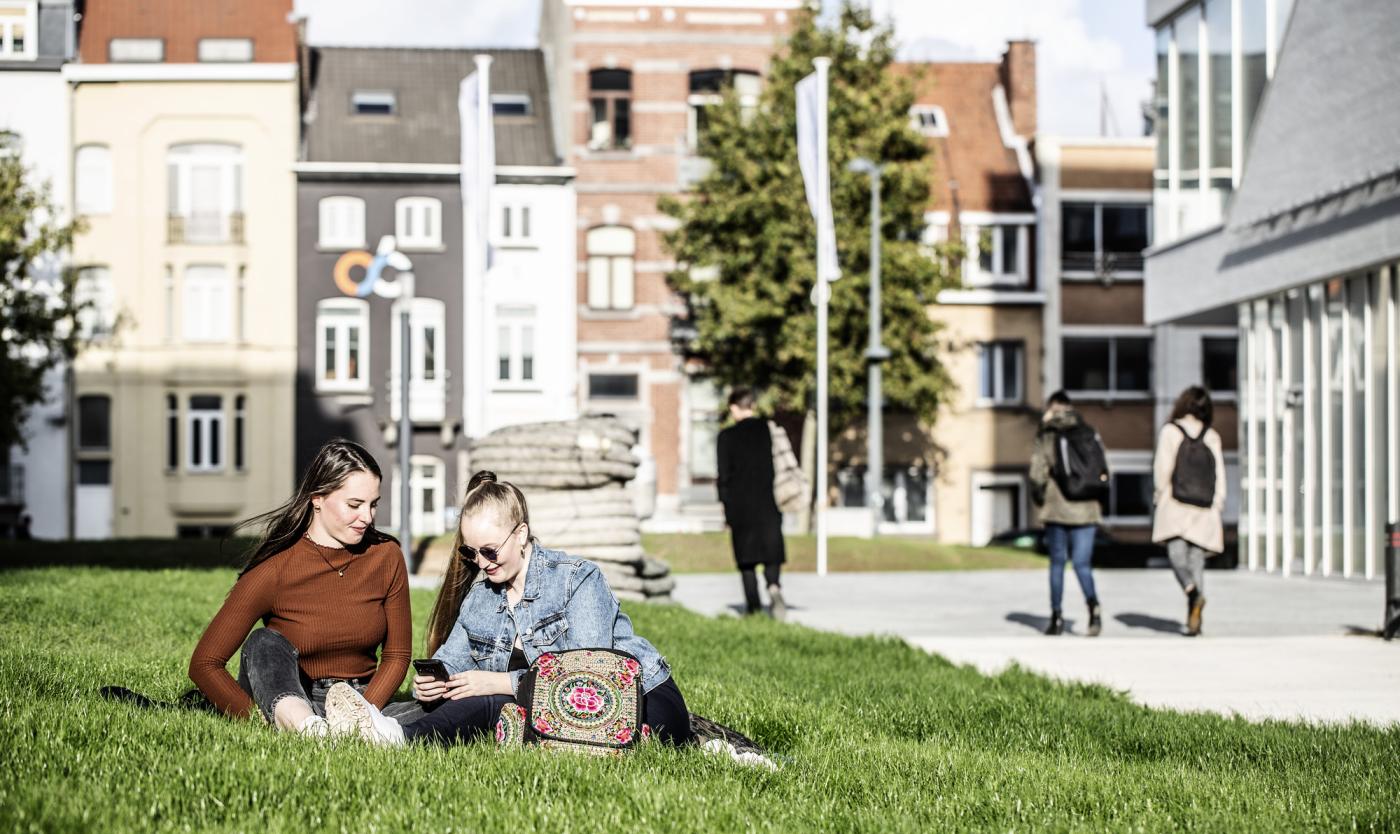

Study credit
It may be that you do not pass a couple of subjects, or that a specific subject is a real challenge for you. It's nothing to be ashamed of! Or that you keep failing ... This is not what it is all about. To ensure a certain level of progress in your study path, the system of ‘study credit’ was devised. This means that at the beginning of your programme you are given a sort of backpack containing 140 ECTS-credits. To enrol you will need to submit the required number of study points for that academic year. But you don’t lose them for good: for each subject in which you score more than 10/20, the study points you have used are ‘repaid’ at the end of the academic year. You lose the ECTS-credits for your failed subjects. Also good to know: the first 60 ECTS-credits that you earn back are doubled.
Not enough study credits in your backpack at some point in the course of your programme? Then ask your college or university for extra tuition fees or even refuse to enrol.
At the point when you obtain your master's, 140 ECTS-credits are taken from your backpack. With the remaining 60 ECTS-credits you can begin a second master’s course if you wish.
You will find more info on this page or in this video.
Study progress
This page explains how study progress at VUB is measured and the possible consequences of not achieving a certain study progress.
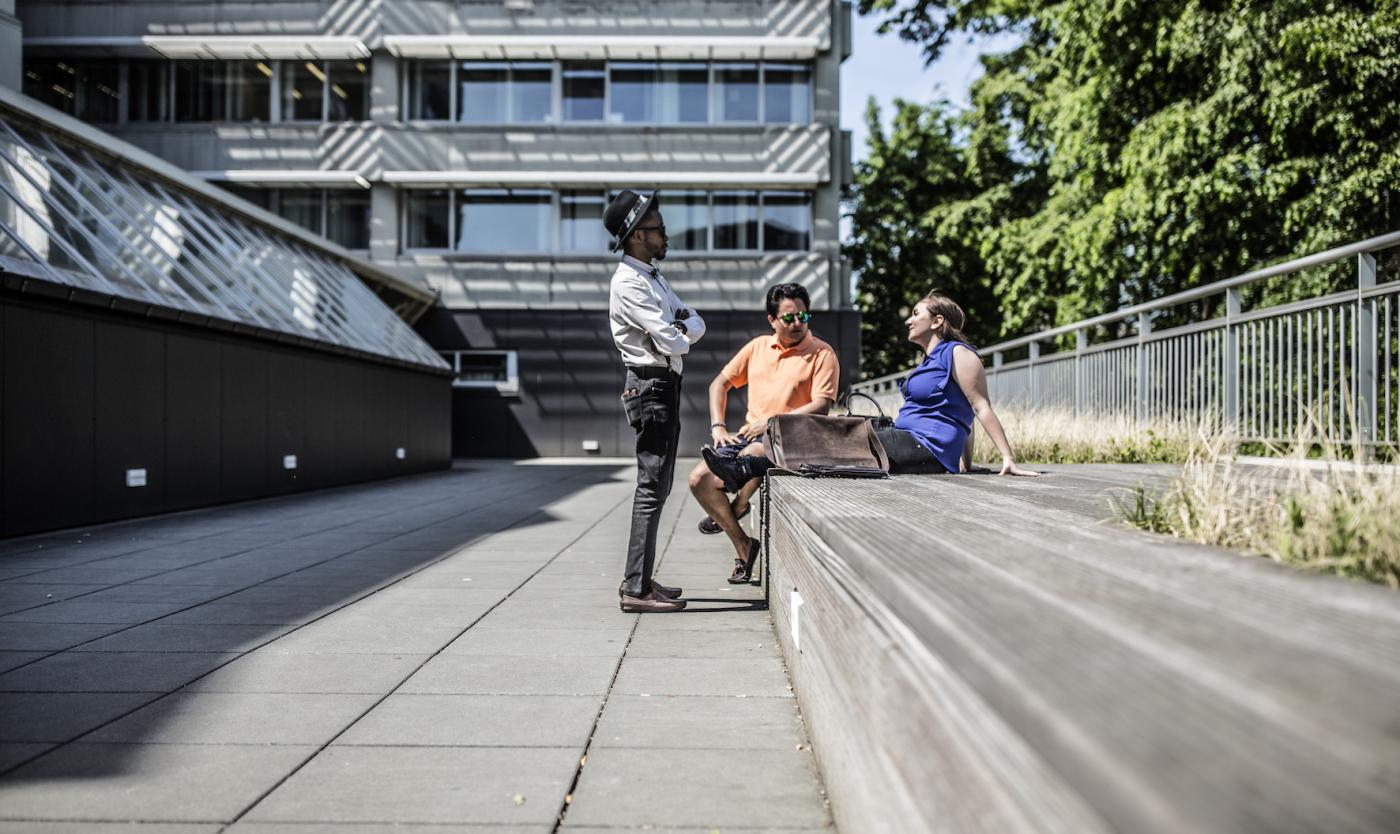
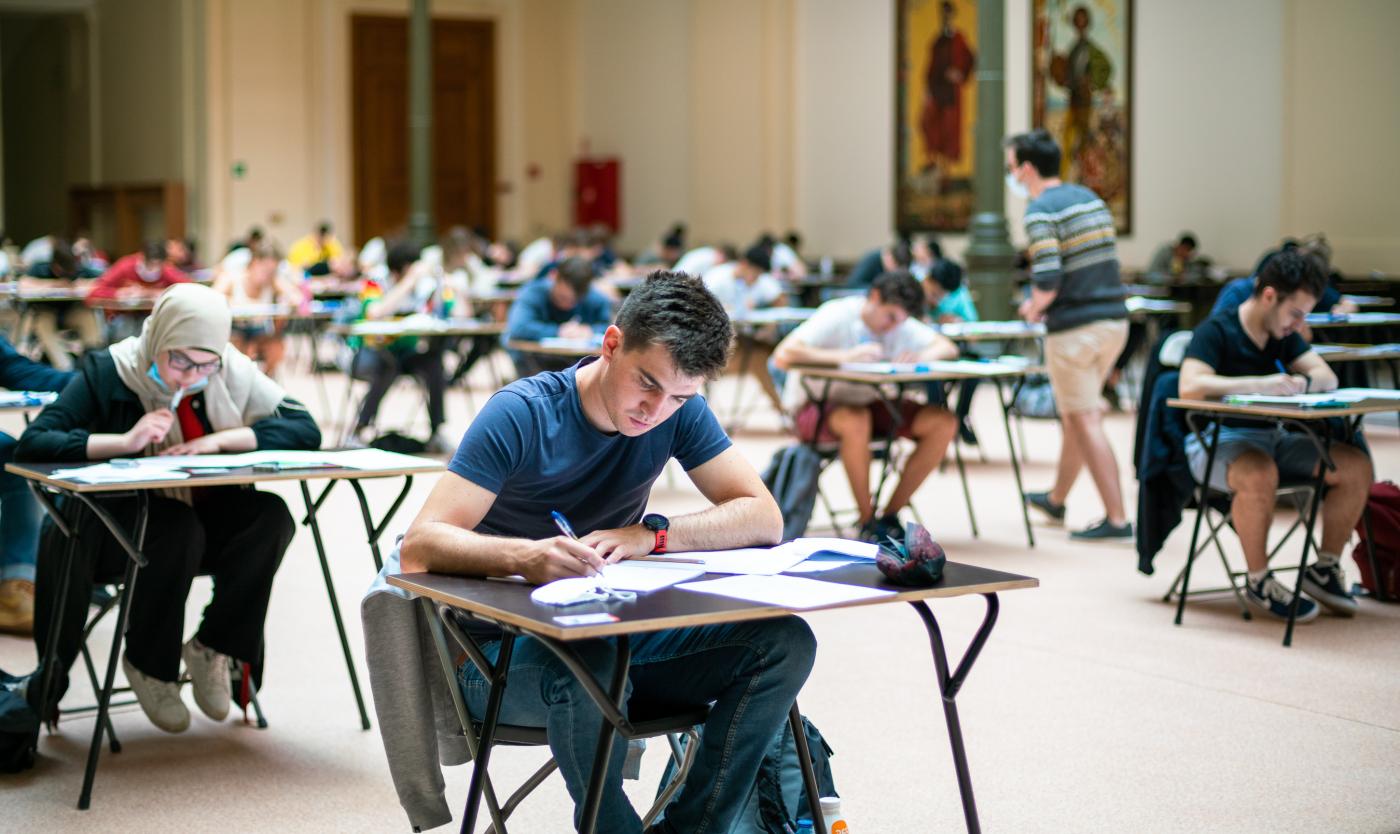
Calibration test
A calibration test is a test that gauges the prior knowledge expected when you want to start a certain program. For some programs the calibration test is mandatory (= start test) to enroll in the program, for other programs the calibration test is not mandatory. The result of the calibration test is not binding, which means that you can start the program anyway, regardless of your result. All information about the calibration tests can be found here.